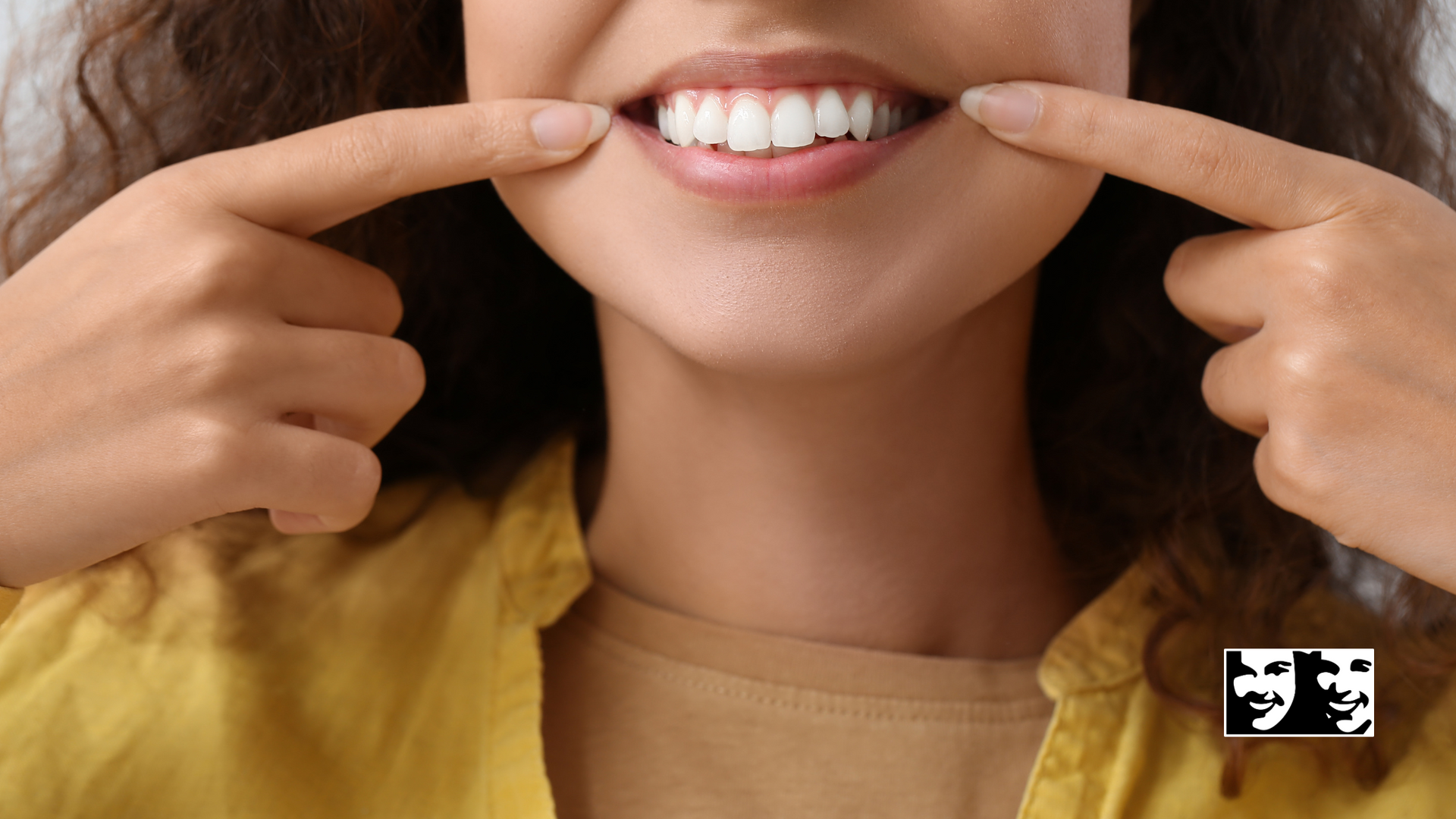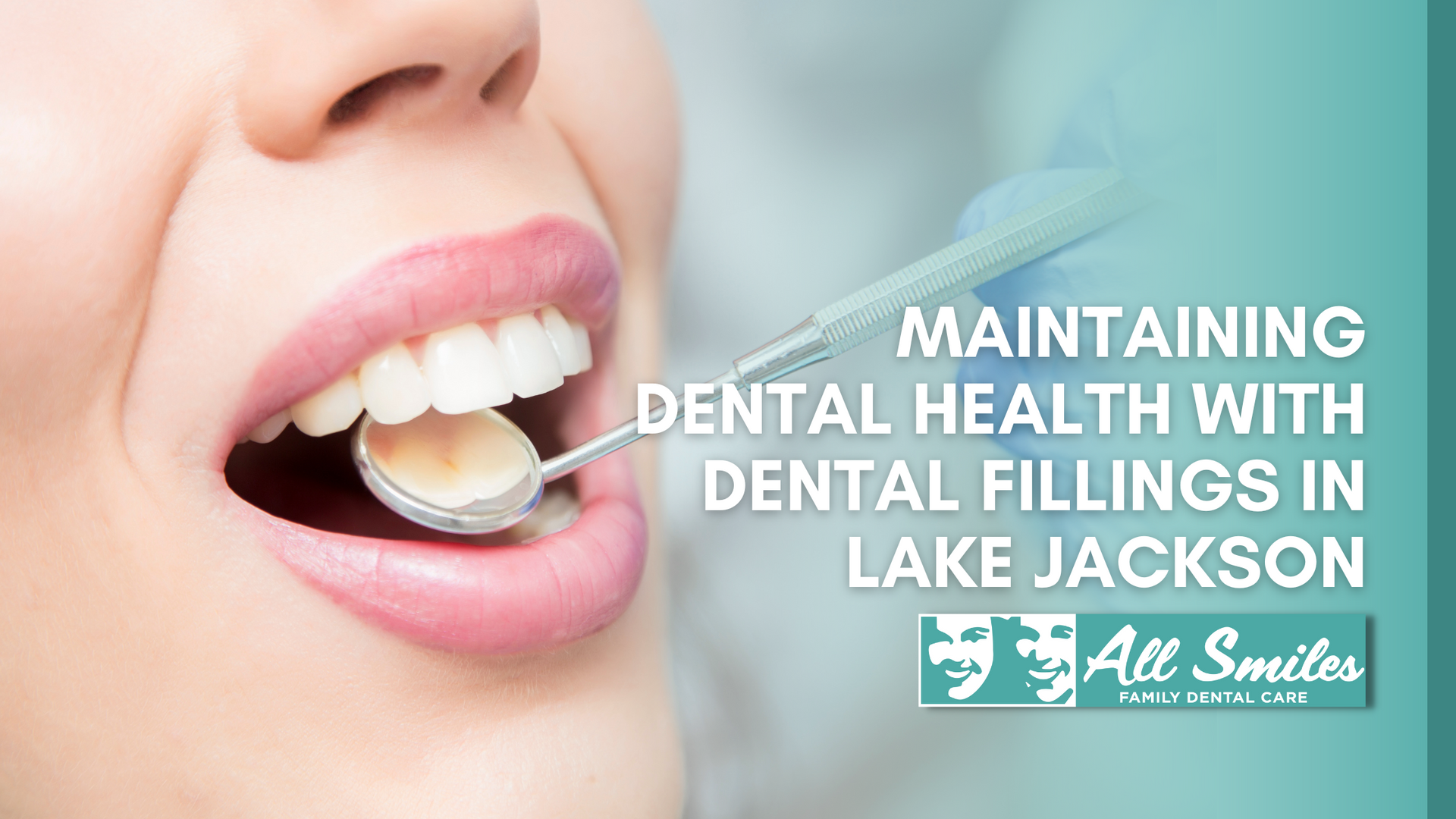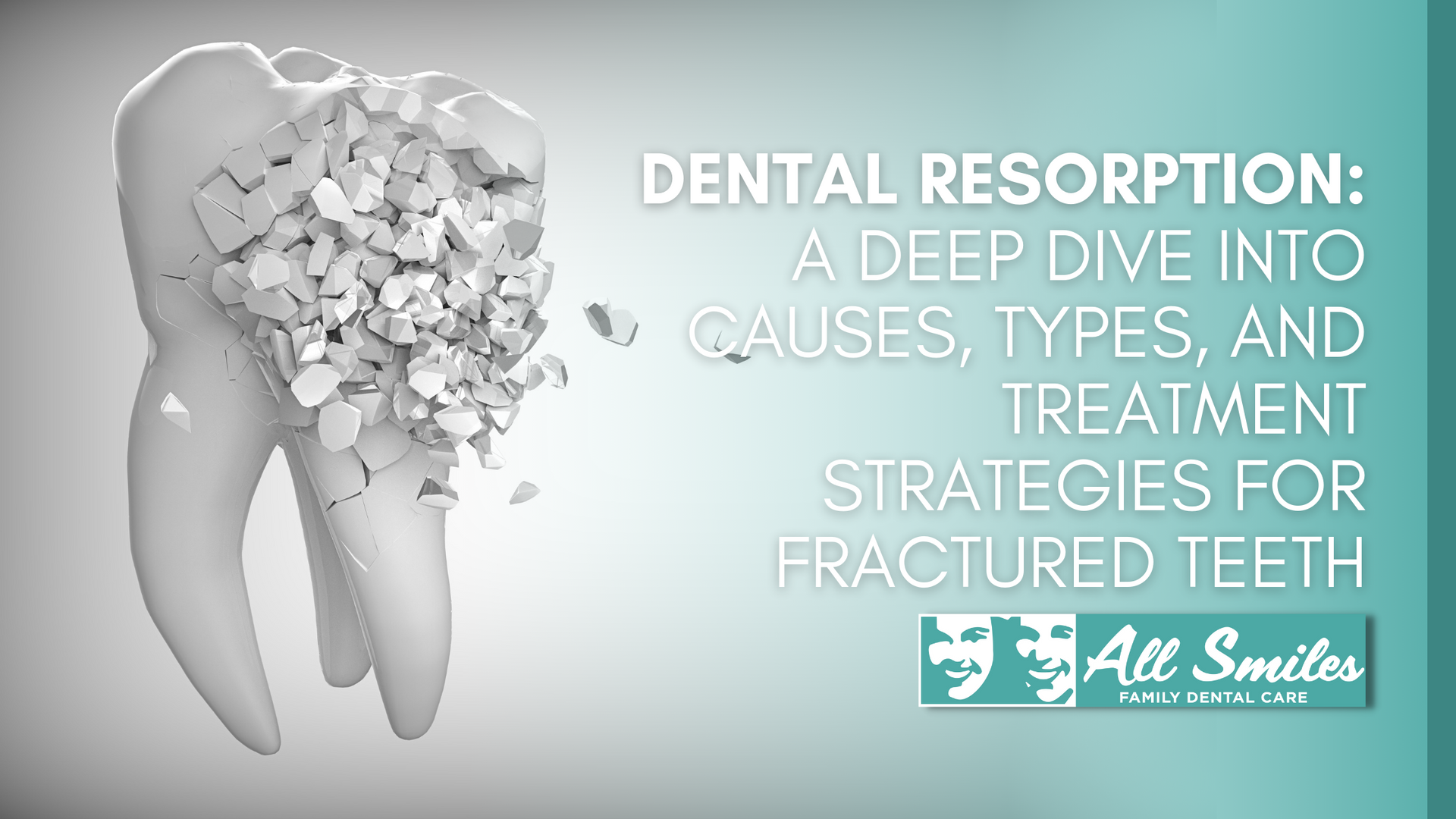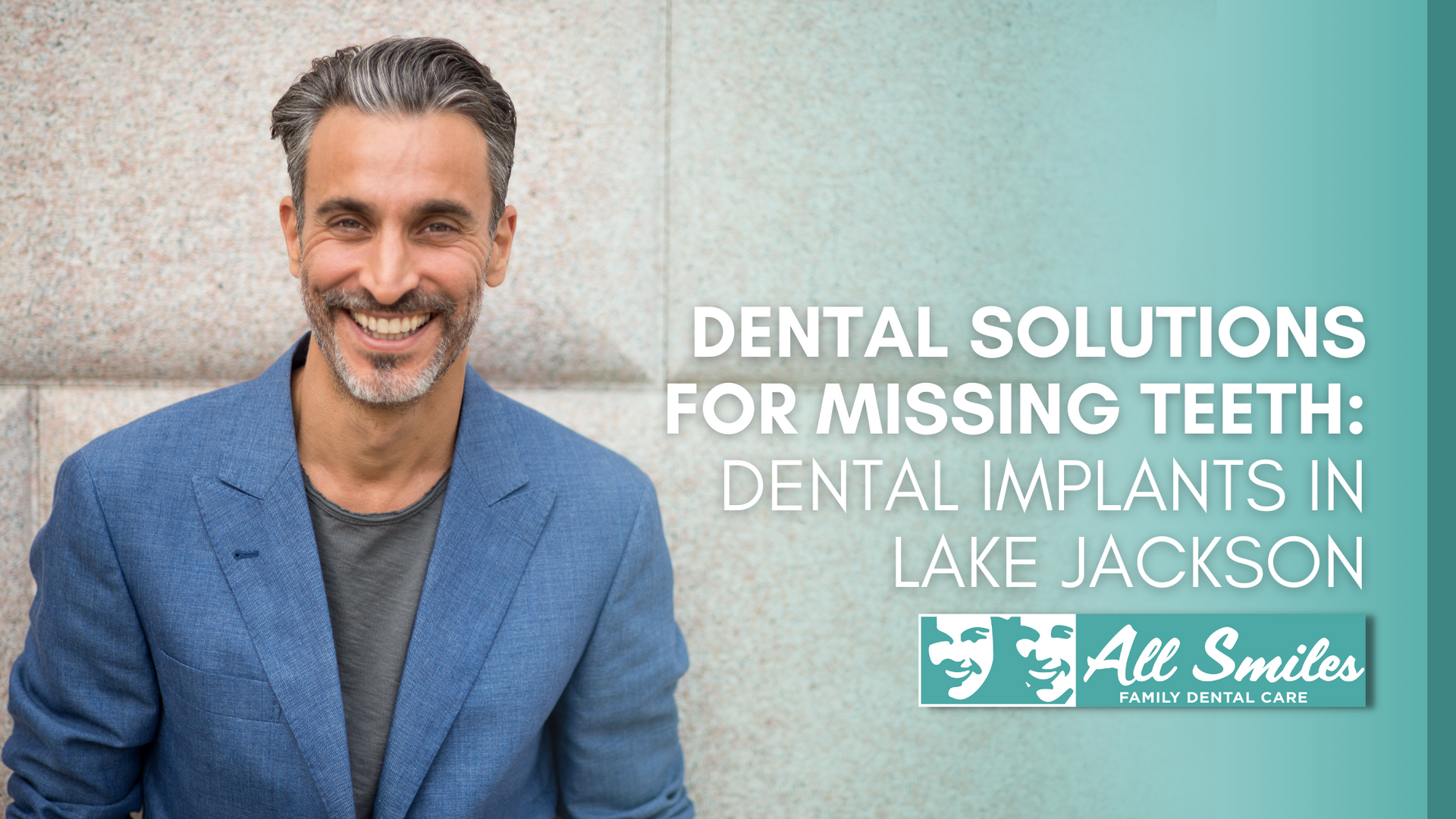How to Prevent Cavities

Cavities are never a fun thing to deal with. But the good news is that you can fight back against tooth decay and keep your teeth cavity-free and strong.
At All Smiles Dentistry, we are passionate about helping our patients have healthy, happy smiles. Before you assume that good dental hygiene is too much work, look at our simple tips to help prevent cavities. It is not that hard, and your teeth will thank you.
CLEAN YOUR TEETH REGULARLY

The processes that attack your tooth enamel are relentless but easy to block. It is not hard to stop decay from starting, but the trick is that you have to keep at it. Regular attention to keeping your teeth clean is a powerful way to protect them; it just takes some consistency to make it happen. Just a few minutes a day will make a huge difference.
BRUSH TWICE DAILY
Whenever you eat anything with starch or sugar, the bacteria in your mouth start to feast on your food. The big problem is the sticky plaque they form, which keeps them in close contact with the surface of your teeth. As the bacteria digest starch and sugar, they create acid that breaks down the enamel.
Saliva is good at neutralizing acid, but plaque forms a barrier, keeping the saliva from where it can help. Sweeping away the plaque with a toothbrush is the most effective way of getting rid of the plaque, bacteria, and acid all at once.
FLOSS DAILY
Food particles and plaque easily get tucked into the spaces between teeth. Toothbrush bristles can’t reliably get into this space, so the floss is the best tool for the job. Dental floss scrubs the surface of your teeth in areas the toothbrush can’t reach. When you floss, you protect your teeth from cavities and support your gum’s health.
GET PROFESSIONAL CLEANINGS TWICE A YEAR
It is very important that you regularly floss and brush your teeth, but for the best results, add a dental professional to the team as well. A dental hygienist can get to every part of your mouth, even the hard-to-reach places. Professional dental cleaning tools are made to polish away any tartar and plaque, leaving your teeth slick and easy to keep clean.
BE CAREFUL ABOUT WHAT YOU EAT AND DRINK

The next line of attack is to watch what you put in your mouth. We all know that what we ingest affects our health in many ways, and the health of our teeth is no exception. Try these tips to get the most from your dental care.
QUIT SMOKING
Need one more reason to stop smoking? Tobacco may not be the first thing you think about when talking about cavities, but smoking, chewing, and vaping can all affect your oral health dramatically. Tobacco use reduces saliva flow and circulation in the mouth and exposes the tissues to harmful chemicals.
According to the Centers for Disease Control, adults over 65 are twice as likely to have cavities if they smoke. All forms of tobacco contribute to serious oral health problems, including gum disease, oral cancer, oral leukoplakia, tooth decay, and tooth loss.
REDUCE SUGARY OR ACIDIC DRINKS
Acid breaks down enamel, wearing away at it until it can bore a hole into the tooth. That acid comes from bacteria eating sugar or starch in your mouth or from acidic food and drink. When you drink beverages high in sugar or acid, every surface of your teeth is bathed in these destructive substances.
To keep your teeth strong, avoid drinks with high levels of sugar or acid, such as soda, energy drinks, sports drinks, and fruit juices. If you indulge in these beverages, try rinsing your mouth well with water when you are done.
FLUORINATED WATER
You can find bottles of water just about anywhere. But not only is tap water cheaper and better for the environment, but it also has important benefits for your teeth. Fluoride is a mineral added to many water supplies and helps keep your enamel strong and hard. Some bottled water has fluoride, but many brands don’t. The water you get from your kitchen faucet may be healthier for your teeth than some fancy bottled brands.
HAVE A CAVITY? ALL SMILES DENTISTRY CAN HELP

If you have developed a cavity, the best thing you can do is get it taken care of immediately. Once decay has gotten through the hard enamel on the outside of the tooth, it can move faster through the softer inner tissues. The sooner you get a cavity filled, the less harm it can do.
GENERAL DENTISTRY SERVICES IN LAKE JACKSON, TEXAS

All Smiles Dentistry is here to care for all your general dental needs . We can support the health of your teeth with regular exams and cleaning or deal with problems such as cavities. We’re passionate about healthy teeth, so contact us for an appointment, so you can have the smile you deserve!
The post How to Prevent Cavities first appeared on All Smiles Dentistry.


We are the local Lake Jackson dentist near you!
We keep our patients smiling
Request Your Next Dental Appointment
We look forward to seeing you soon!
Please note, we will try our best to accommodate your schedule.
Thank you so much for contacting our dental practice. While we strive to respond to all inquiries right away, we may be away from the desk helping a patient or out of the office. We will do our best to reach back to you shortly.
Please note, if this is a dental emergency, it would be best to call our practice as this is the fastest way to reach us (979) 297-1128.
Please try again later
Lake Jackson Dentist
We understand that trying to find a nearby dentist you can trust is difficult, that is why we make it easy for you to work with us.
(979) 297-1128
205 Parking Way
allsmileslj@sbcglobal.net
Helpful Links
Dental Practice Hours
- Monday
- -
- Tuesday
- -
- Wednesday
- -
- Thursday
- -
- Friday
- -
- Saturday
- Closed
- Sunday
- Closed
All Rights Reserved | All Smiles Dentistry
All Rights Reserved | All Smiles Dentistry
Dentist Website Diagnosed, Treated, and Cured by Dr. Marketing Inc

